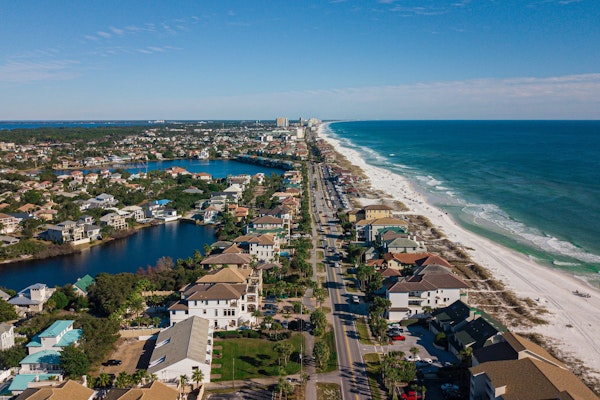
Modern Building Codes Hold the Key to Reducing Disaster Costs
Modernized building codes can significantly cut disaster recovery costs, but inconsistent adoption across states remains a major challenge as climate risks grow.
December 9, 2024
Catastrophe
Legislation & Regulation
Property
Risk Management
Alabama
Delaware
Florida
Louisiana
Virginia

Freeze Claims: Strategies for Swift and Effective Resolution
Learn how proactive risk management, clear communication, and expert coordination can turn a freeze claim disaster into a successful recovery.
December 9, 2024
Catastrophe
Education & Training
Property
Risk Management
Arizona
Florida
New Mexico

Global Insurance 2025: Navigating Challenges to Achieve Growth
The global insurance industry faces inflation, natural disasters, and shifting demographics but finds opportunities for innovation and expansion into emerging markets.
December 9, 2024
Catastrophe
Property
Risk Management
Technology
California
Florida
New York
Washington

P&C Insurers Face New Risks Faster Than Business Practices Adapt
A new report highlights how emerging risks like severe weather and fraud are testing U.S. P&C insurers, urging faster adoption of AI and aerial imagery technologies to stay competitive.
December 5, 2024
Catastrophe
Property
Risk Management
Technology

Florida Matches Record Hurricane Landfalls in 2024, Reports Howden Re
The 2024 Atlantic hurricane season, marked by record Florida landfalls and extreme storm activity, ranks among the most impactful in recent history, Howden Re reports.
December 5, 2024
Catastrophe
Property
Risk Management
Technology
Florida
North Carolina
Tennessee

Insurance Customers Embrace Digital Claims, Driving Satisfaction Gains
Insurance customers are increasingly satisfied with digital claims processes, thanks to mobile app improvements like collision reporting, image uploads, and seamless navigation tools.
December 4, 2024
Auto
Insurance Industry
Property
Technology
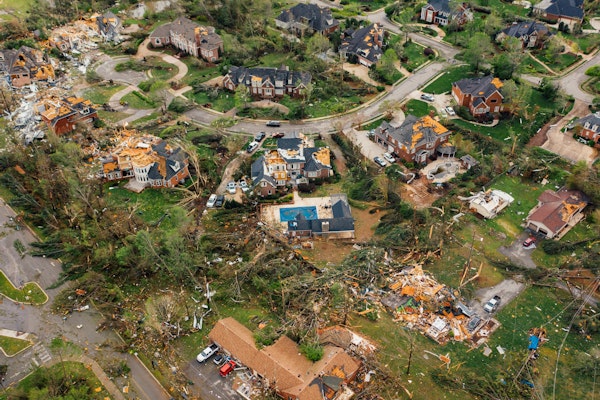
Homeowners Face Triple Disaster Risks and Insurance Gaps
Over 33,000 U.S. homes face extreme risks from three natural disasters, exposing gaps in insurance coverage and highlighting the urgent need for multi-peril resilience planning.
December 3, 2024
Catastrophe
Insurance Industry
Property
Risk Management
California
Florida
Texas
Washington
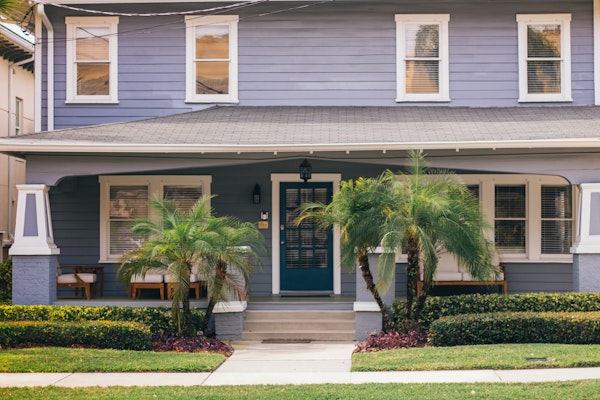
North Carolina Woman Charged with Filing False Insurance Claim
A Greensboro woman faces charges for allegedly filing a $49,000 claim for pre-existing damage to her late mother’s home, using her mother’s identity to obtain the policy.
December 3, 2024
Fraud
Insurance Industry
Litigation
Property
North Carolina

Commercial Insurance Market Holds Steady Amid Pricing, Underwriting Gains
Strong underwriting and moderate pricing gains sustain profitability in U.S. commercial insurance, despite pressures from casualty claims, social inflation, and evolving liabilities.
December 3, 2024
Liability
Property
Risk Management
Technology
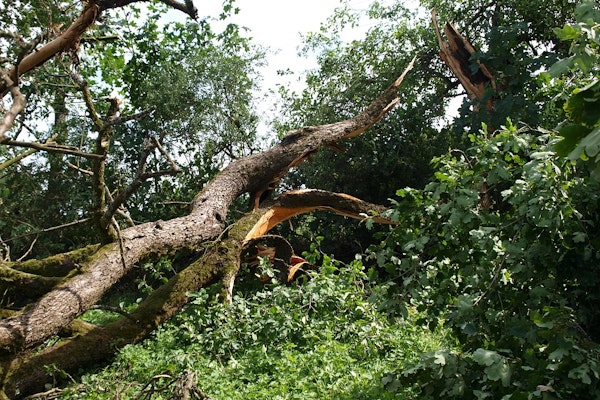
Record-Breaking 2024 Hurricane Season Ends with $50 Billion in Insured Losses
The 2024 Atlantic hurricane season, ending with 18 named storms, saw record-breaking storms, including Hurricane Milton, which inflicted billions in insured losses across the U.S.
December 2, 2024
Catastrophe
Insurance Industry
Property
Risk Management
Florida
Georgia
Louisiana
North Carolina
South Carolina

Essential Tips for Safely Deep Frying a Turkey This Thanksgiving
Deep frying a turkey can result in a delicious holiday centerpiece, but it’s essential to follow safety precautions to avoid injuries or fires. Here’s how to fry safely.
November 26, 2024
Catastrophe
Property
Risk Management

Top Insurance Risk Concerns Revealed in RiskScan 2024 Report
RiskScan 2024 highlights how cyber incidents, climate change, and economic inflation dominate risk concerns across insurers, businesses, and consumers, revealing critical gaps in awareness.
November 26, 2024
Education & Training
Property
Risk Management
Technology
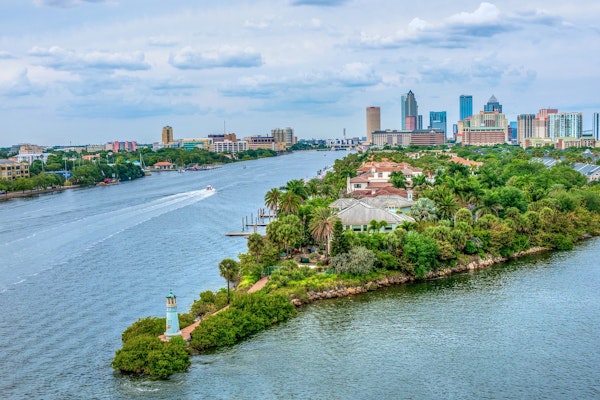
Florida’s Insurance Market Faces Collapse Amid Controversial Ratings Agency Claims
Florida regulators subpoena Weiss Ratings over claims the state’s insurance market is collapsing. The agency’s founder defends his warnings, citing widespread issues with unpaid claims.
November 22, 2024
Insurance Industry
Legislation & Regulation
Litigation
Property
Florida

Rising Climate Risks Drive 13% of US Homebuyers to Consider Moving
Concerns about natural disasters and climate risks are influencing 13.7% of US homebuyers to relocate, with low-risk areas seeing faster home value growth for the first time since 2010.
November 22, 2024
Catastrophe
Insurance Industry
Property
Risk Management
California
Florida
Texas

Sea Level Rise by 2100 Could Displace Millions and Damage $1 Trillion in Property
A one-meter rise in sea levels by 2100 may expose over 14 million people and $1 trillion worth of property to flooding, erosion, and subsidence along the Southeast Atlantic coast.
November 22, 2024
Catastrophe
Legislation & Regulation
Property
Risk Management
Florida
Virginia





